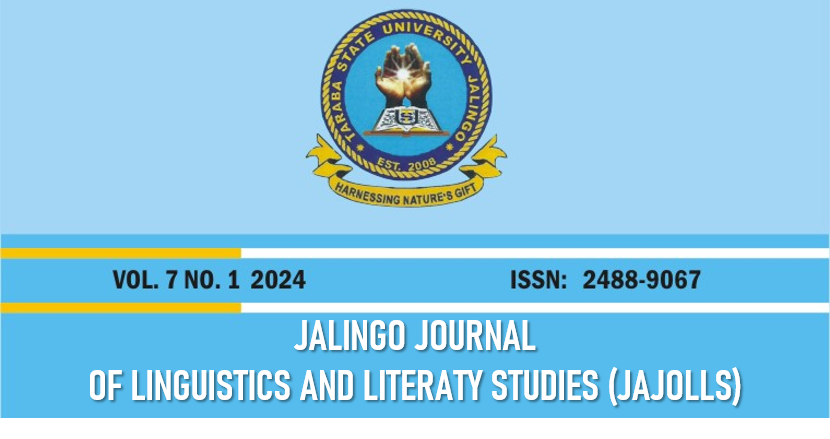The Role of Indigenous Language in National Development
Keywords:
role of language, indigenous languages, national development, Communication Accommodation TheoryAbstract
This paper explores the role of language, particularly indigenous languages, in national development. Descriptively, it uses the Communication Accommodation Theory to analyze language dynamics, focusing on how social identity, interpersonal motives, situational norms, and communication outcomes influence language choices and behaviors. Also, the paper emphasizes the importance of considering educational, political, social, and cultural perspectives. Additionally, the article highlights the significance of indigenous languages in a group's identity, cultural expression, and societal development. It references Nigeria's National Policy on Education, mandating their use in literacy education, and introduces the Language Recovery Triangle strategy for language understanding and appreciation. Besides, the paper discusses the challenges faced by indigenous languages, such as endangerment, colonization, and neglect, and emphasizes the importance of language documentation to counter language death and its impact on societal values. Furthermore, the article urges stakeholders to protect and preserve indigenous languages, recommends a proactive linguistic policy, and advocates for a reevaluation of priorities to ensure their potential for mass literacy and sustainable national development.

